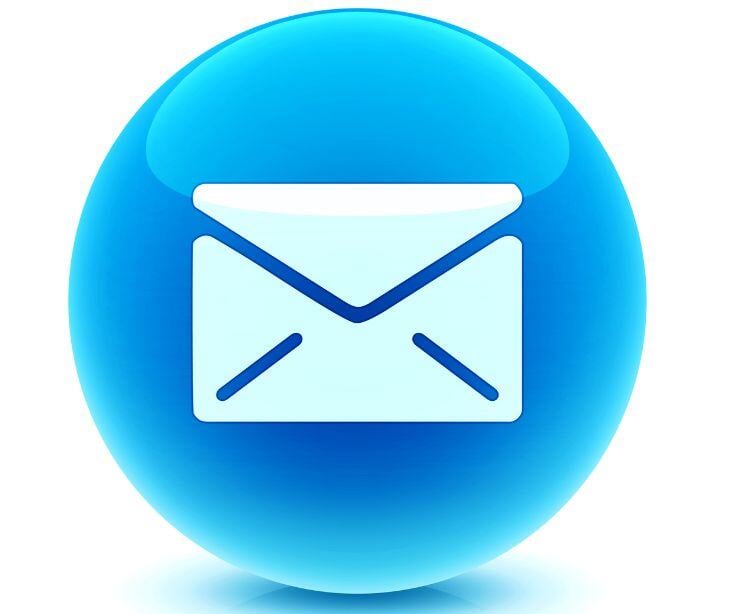
Why it matters:
Email communication is a vital tool for healthcare organizations, but it's essential to ensure that patient privacy and protected health information (PHI) are safeguarded. HIPAA compliant email practices protect sensitive data and help healthcare providers avoid penalties and reputational damage.
Is email HIPAA compliant?
Email can be HIPAA compliant, provided healthcare organizations follow specific guidelines and implement robust security measures. By adhering to the HIPAA Privacy and Security Rules, organizations can use email as a compliant means of communication.
- Encrypt all PHI: Healthcare organizations must encrypt emails containing PHI to protect data during transmission. Both the message and any attachments should be encrypted using strong encryption protocols.
- Control access: Implement unique user identification and role-based access controls to prevent unauthorized access to PHI. Only authorized individuals can access sensitive information within the email system.
- Authenticate users: Use multi-factor authentication (MFA) to verify user identities. MFA requires users to provide two or more forms of identification to access the email system, adding an extra layer of security.
- Monitor regularly: Conduct audits and monitor email activities to detect potential security risks. Implementing audit trails and logging mechanisms can provide insights into user activities, allowing organizations to identify and address potential threats.
- Train staff: Educate staff on HIPAA requirements and secure email practices. Regular training and awareness programs can significantly reduce the risk of human error, a common cause of email-related HIPAA violations.
- Obtain consent: Get patient consent when appropriate and be aware of state-specific privacy regulations. Although HIPAA doesn't require consent for treatment, payment, or healthcare operations, informing patients of potential risks and obtaining their consent is a best practice.
In the know:
Both Google Workspace and Microsoft 365 can be used in a HIPAA compliant manner, provided specific configurations, settings, and agreements are in place. Healthcare organizations must sign a business associate agreement (BAA) with the email service provider and configure the services according to HIPAA guidelines.
However, with either Google Workspace or Microsoft 365, healthcare organizations may still face encryption gaps due to the recipient's email setup. Secure email communication relies on the sender's and recipient's email servers each supporting Transport Layer Security (TLS). The connection won't be secure if the recipient's server doesn't use TLS, resulting in a potential HIPAA violation.
Go deeper:
Healthcare organizations can send medical records via email as long as they follow HIPAA-compliant guidelines:
- Use encryption to protect the confidentiality and integrity of the PHI.
- Verify the recipient's identity and double-check the email address before sending.
- Implement access controls and authentication measures to protect medical records.
- Train staff on the proper handling of medical records via email.
- Obtain patient consent, if necessary.
Read more:
The bottom line:
By following the guidelines and prioritizing patient privacy, healthcare organizations can effectively use email while remaining compliant with HIPAA regulations. Implementing robust security measures and maintaining transparency with patients is crucial to ensuring a secure and compliant email environment.
Subscribe to Paubox Weekly
Every Friday we'll bring you the most important news from Paubox. Our aim is to make you smarter, faster.



 Dean Levitt
Dean Levitt



